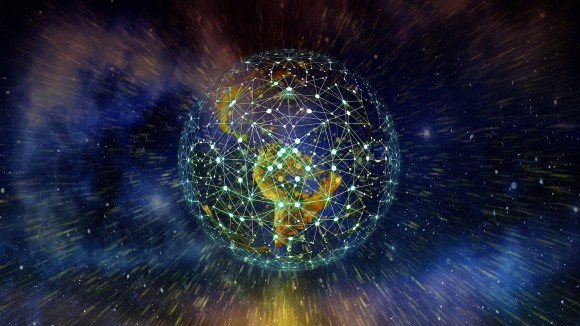Collection
Digital Ethics: Insights into How Technology Shapes Us And the World We Live In
- Submission status
- Closed
- Submission deadline
Cutting edge research in technologies such as Autonomous Vehicles, Cybersecurity, FinTech, Internet of Things, Secure and Compliant Data Management, Space Systems, and Digital Medicine is currently shaping the world we live in, including how we interact with each other and how we view our place in this environment. In a world where everything is becoming increasingly digitized, debates about digital ethics are abundant and fierce. Questions with elusive answers include: How can automated decisions be made fair, transparent and comprehensible? What rules should our society use to shape the upheavals of digital modernity? What can an ethics of digitization look like in concrete terms? How can conscious or unconscious prejudices be prevented from having an effect through program codes? How can an international understanding of ethical standards succeed? In the absence of legislation to regulate these issues, it is critical for a variety of interdisciplinary researchers to thoroughly investigate these questions with the view of providing some well-considered ethical guidance.
This topical Collection invites contributions from across disciplinary and geographical boundaries that confront the plethora of ethical dilemmas that digital technologies bring. While we seek submissions from any area of study that may be of relevance to this theme, we are particularly keen to include perspectives from those working within and ideally across autonomous systems, blockchain technologies, cryptocurrencies, social media, drones, data protection and ownership, Internet of Things, electronic voting systems, e-Health, digital medicine, computer science, humanities, law, and philosophy.
More specifically, we particularly encourage contributions in the following areas:
- Autonomous Systems, including drones, AI systems and more traditional programs - how can we trust systems whose behaviour is controlled by an algorithm?
- Bias, Fairness and Transparency - do decision-making systems reinforce bias and magnify unfairness? How can we be sure about this if the systems are not transparent?
- Privacy - how do technologies and autonomous systems invade the privacy of citizens and society? Specific technologies that causes concern include face recognition, tracking, intelligent assistants, search engines, and web services.
- Safety and Security - who is responsible when systems fail, or are not protected from cyberattacks? Who is responsible for the harm or damage caused by technology to an individual, a group of people, society as a whole, other living creatures, the environment, the planet, or space?
- Vulnerability Disclosures – how does one distinguish between ethical and unethical hackers, and how are computer scientists that research, find and disclose vulnerabilities protected?
- Professionalism - is there a lack of ethical awareness in the professional disciplines associated with digital technologies and products, and how can we embed digital ethics in scientific curricula?
- Data Protection and Ownership - who owns data that is being collected in vast quantities, what role doe intellectual property rights play in this regard and can (or should) data be commercialised?
- Drones – how can we protect our privacy and ensure that this technology is applied safely and securely?
- Blockchains (NFTs and crypto-currencies) – how do we balance the positive feature of these technologies with their associated energy consumption that causes harm to the environment and public health?
- Face recognition, geolocalisation and tracking, digital assistants such as smart speakers, search engines, web services, mobile applications – the effects of the technologies on individuals and society.
- Social media - fake news, manipulation of views, encouragement of extreme behaviour, polarization, online manipulation, provocation of conflict. How do we counter the negative effects of technologies?
- Internet of Things - the ubiquitous use of intelligent objects, their interconnectedness and interoperability pose many digital ethics challenges.
- Electronic Health Systems and Digital Medicine - systems and medical devices that aid in diagnosis and treatment, sharing and privacy issues related specifically to genetic and genomic data and compilation of DNA data sets.
- On-line working and exams - problem with proctoring and spy software.
- E-voting systems.

Editors
-
Marietjie Botes
University of Luxemburg, Luxemburg
-
Paul Gibson
Telecom SudParis, France
